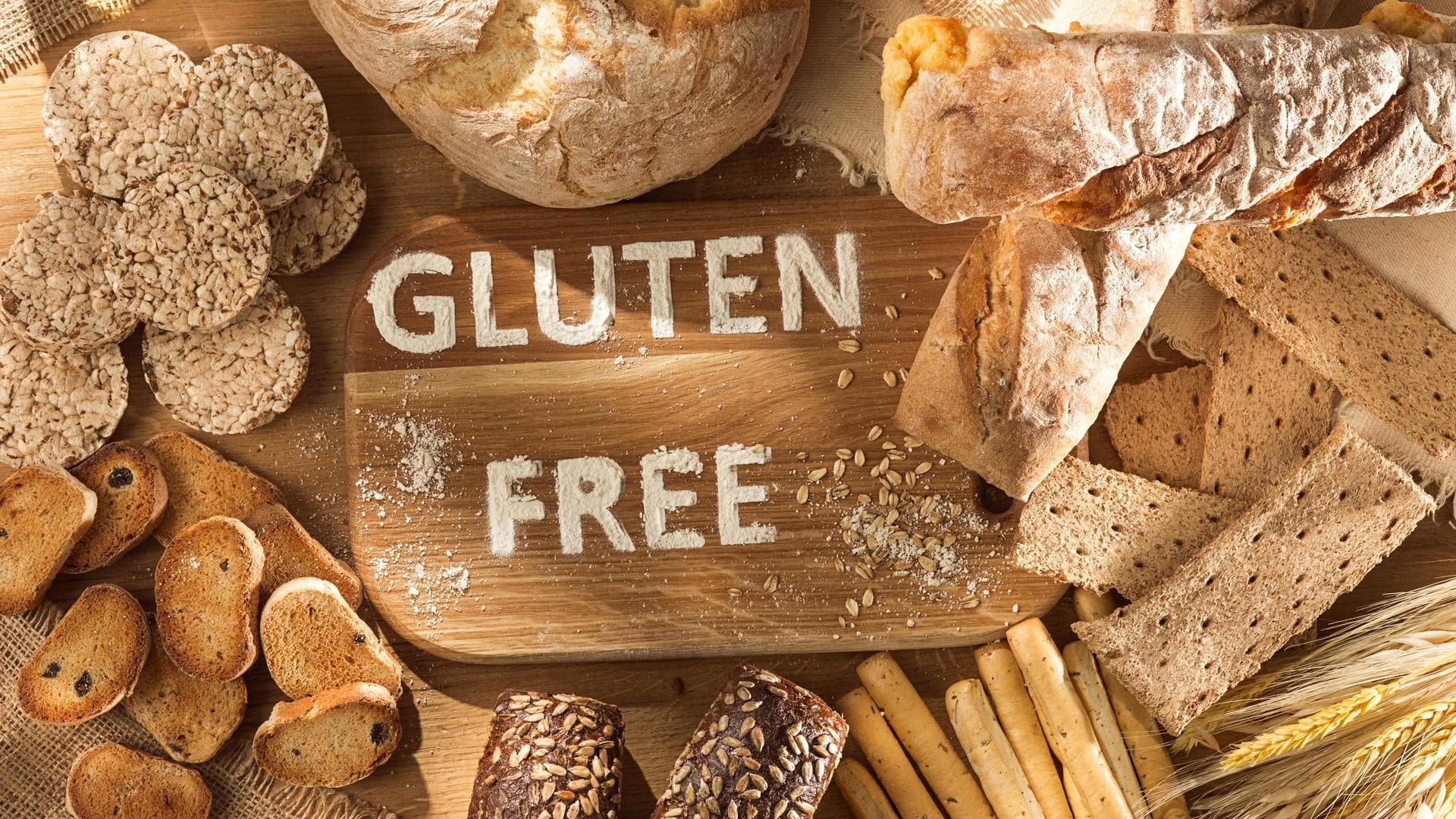
Gluten-free diets: Fact or fad? Unveiling the hype
What's the story
Have you heard about the latest diet fad that's been causing a stir among health-conscious people? It's all about going gluten-free! People are jumping on the gluten-free bandwagon, believing that cutting gluten from their diets will make them healthier. But is this dietary trend truly a better choice compared to other options? Let's dig in and uncover the truth behind the gluten-free craze.
Gluten
What is gluten?
Gluten, which gets its name from the Latin word for glue, is a group of proteins found in wheat, barley, rye, and spelt. When mixed with water, it gives the flour a sticky texture. This stickiness is what helps bread rise and gives it a deliciously chewy texture. A gluten-free diet is an eating plan that excludes foods containing gluten.
Who
Who is this diet for?
Some people have certain conditions called celiac disease and non-celiac gluten sensitivity. When they eat gluten, it triggers an autoimmune response, damaging the lining of the small intestine and leading to various health issues, like bloating, stomach pain, and diarrhea, among others. So, these individuals have to follow a diet without gluten to feel better.
Cleaic
Celiac disease
Celiac disease is an autoimmune disorder in which the body mistakenly attacks itself after being exposed to gluten. It thinks gluten is a dangerous foreign threat and launches an attack against it. This attack also harms the lining of the gut and can lead to nutrient deficiencies and serious digestive issues. Experiencing fatigue, anemia, and depression are also some other symptoms of celiac disease.
Foods
Which foods contain gluten?
Cutting out gluten is difficult as it is present in many everyday foods. The main dietary source of gluten is wheat, so gluten-free diet enthusiasts generally steer clear of wheat-based products such as wheat bran, wheat flour, durum, kamut, and semolina. Also, there are several other gluten sources they avoid, including barley, rye, triticale (a hybrid of wheat and rye), malt, and brewer's yeast.
Pros & Cons
Pros and cons of gluten-free diet
A gluten-free diet has its pros and cons. On the positive side, it is essential for individuals with celiac disease and non-celiac gluten sensitivity. It can also provide relief for some people with digestive issues. However, going gluten-free unnecessarily may lead to nutrient deficiencies, higher food expenditure, limited food choices, and difficulty eating out. It may also pose challenges in meeting dietary requirements.
Gluten-free lifestyle
Should you adopt gluten-free lifestyle
A gluten-free lifestyle is not suitable for everyone. It's important to make informed choices rather than following trends blindly. If you face problems after eating certain foods, consult a healthcare professional who can identify the actual trigger and help manage your specific condition. But if you still want to go gluten-free, it can work as long as you eat a balanced and varied diet.